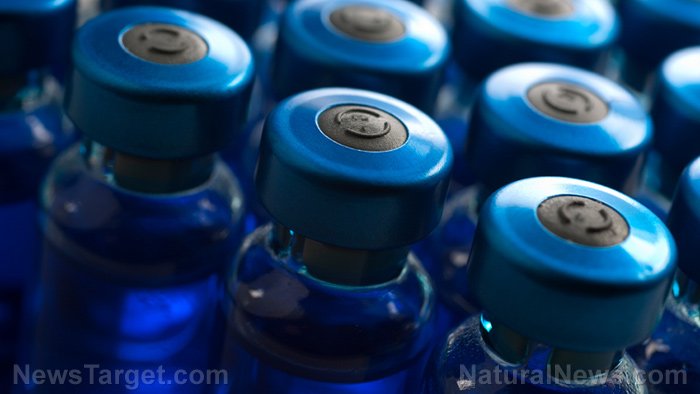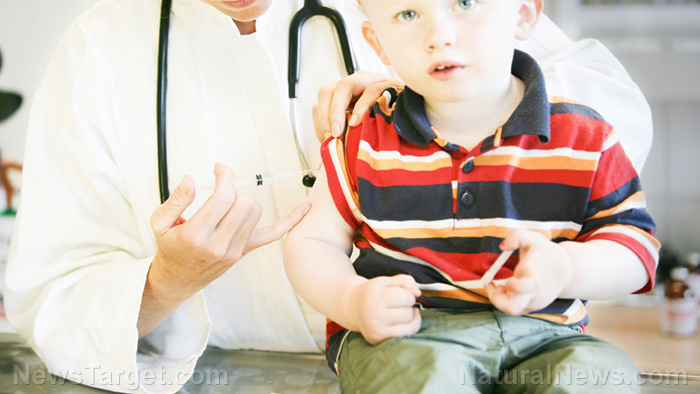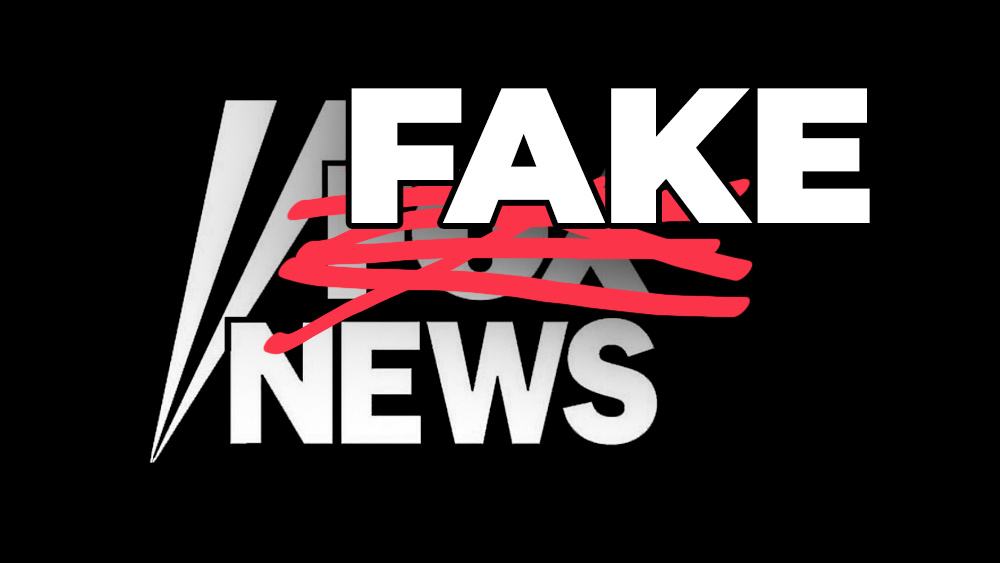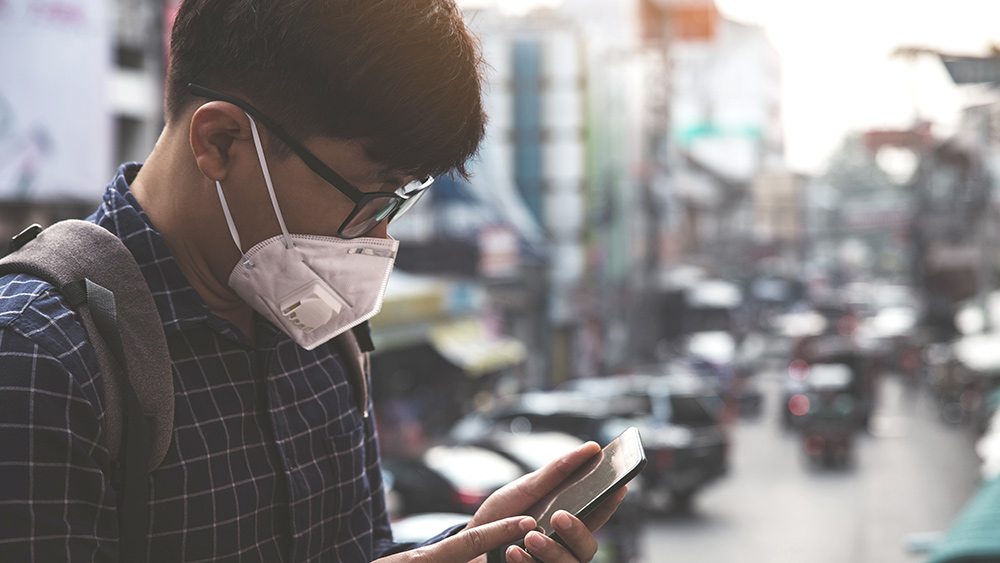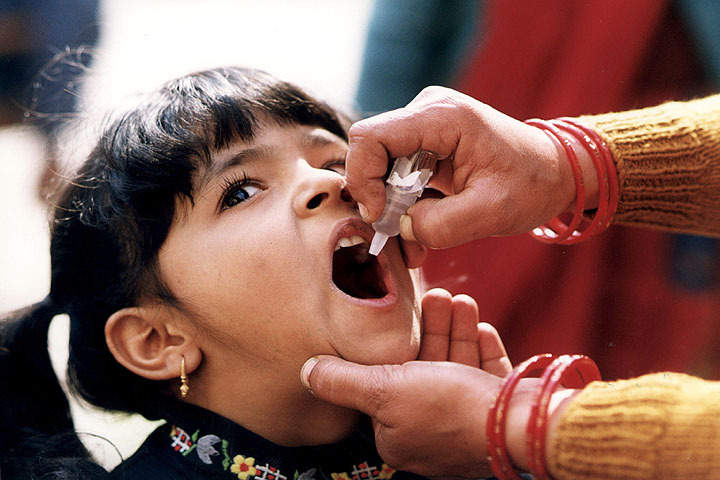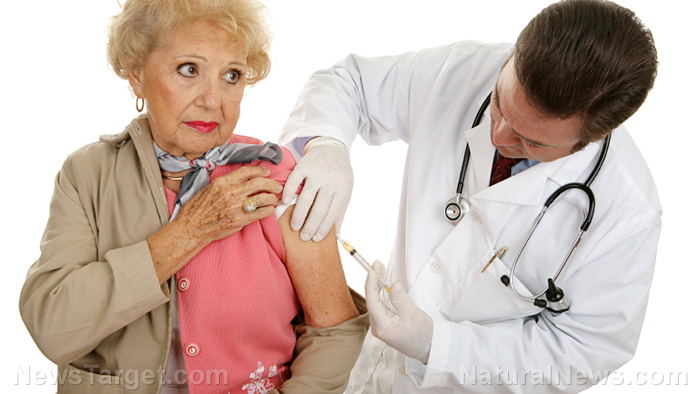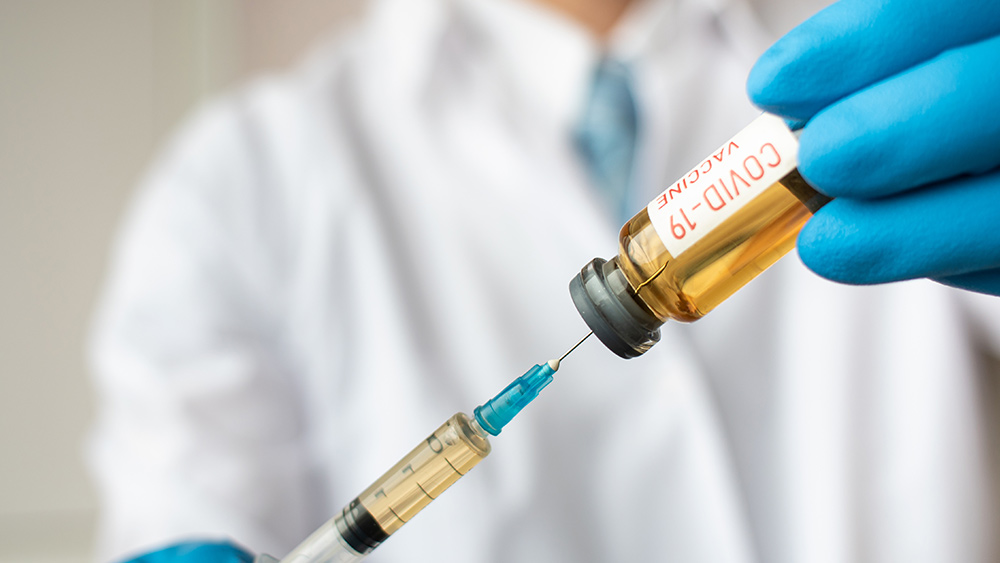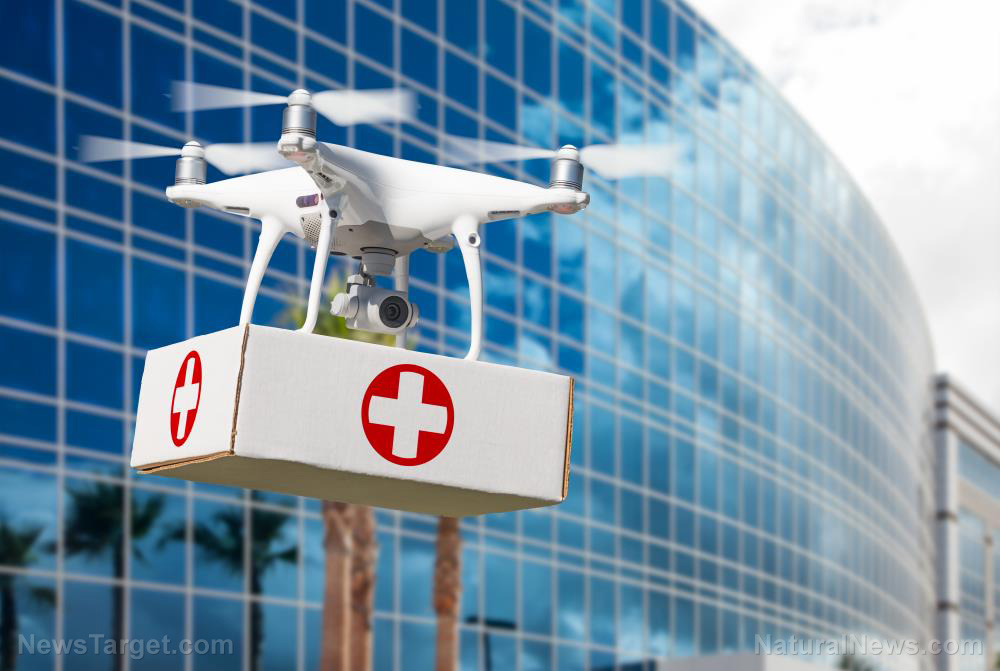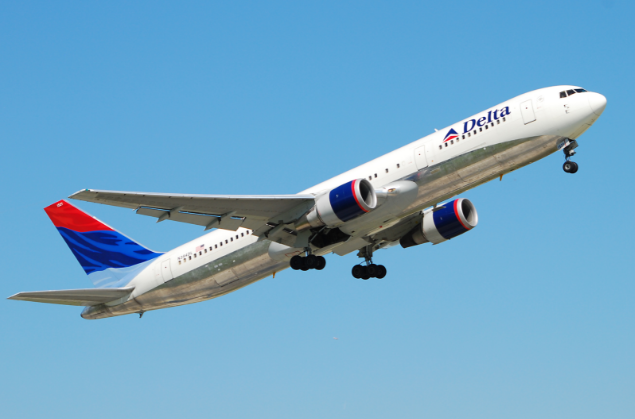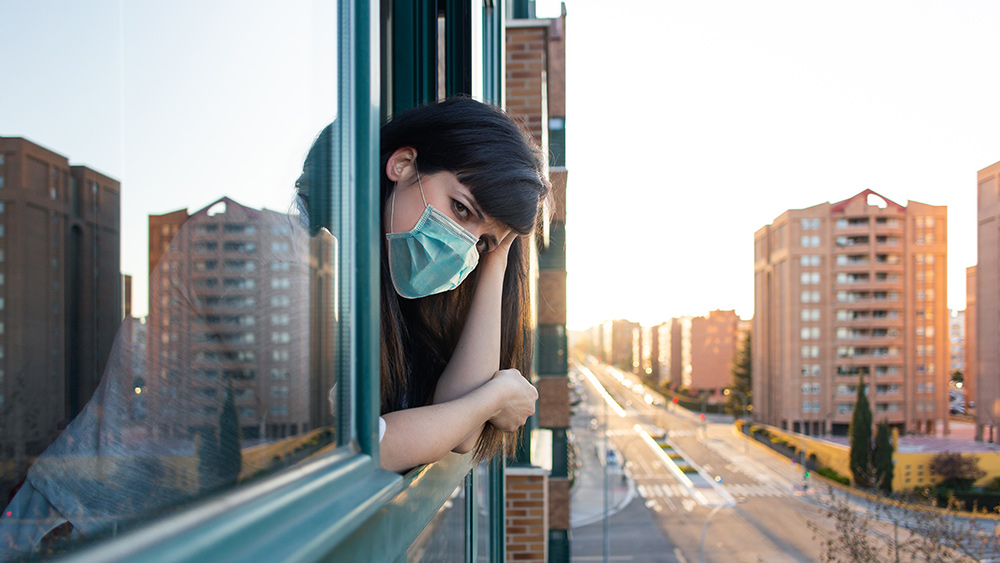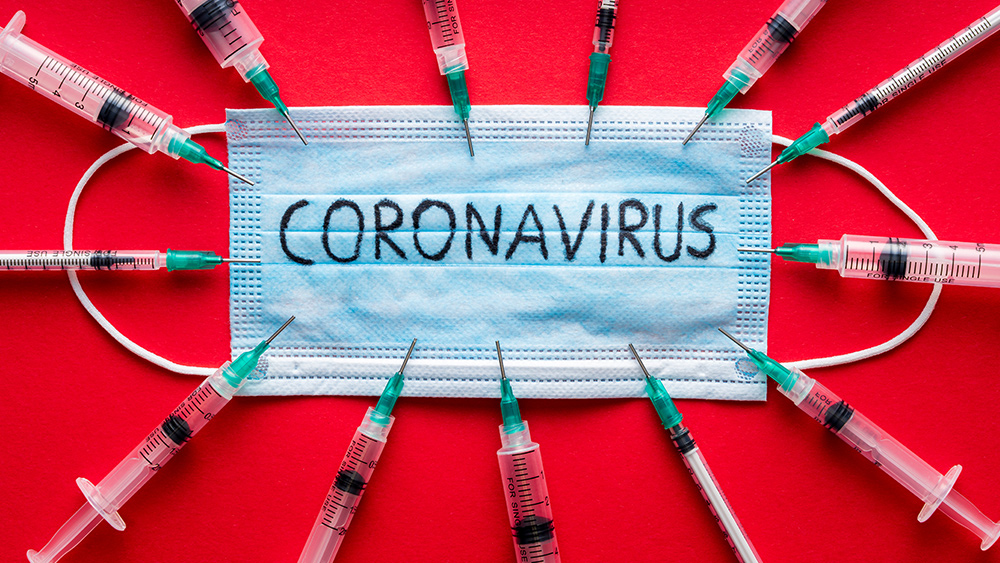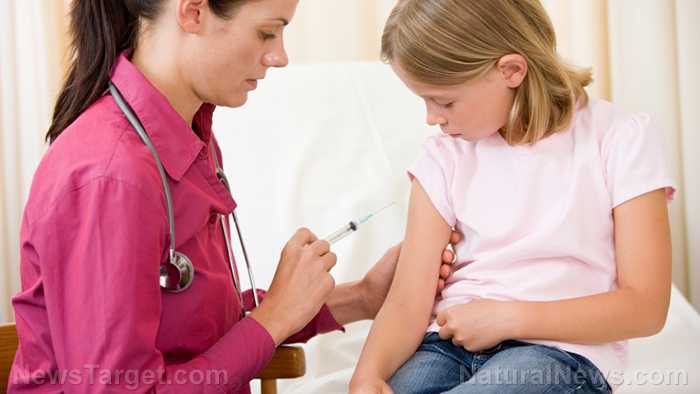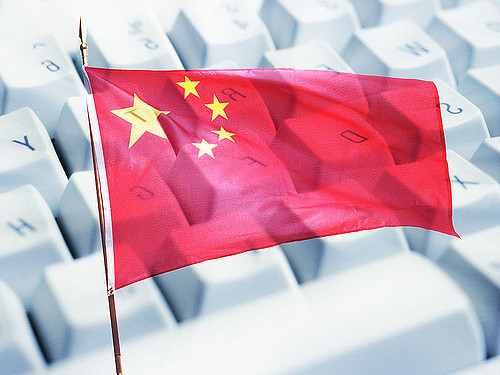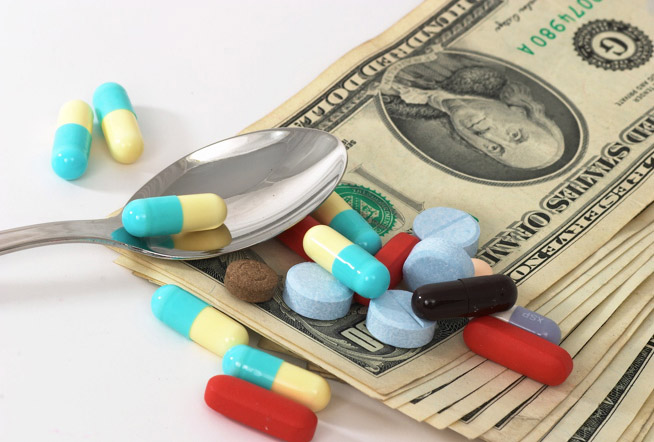Who needs SCIENCE? China justifies widespread COVID-19 immunizations without bothering with clinical trials
10/28/2020 / By Ramon Tomey
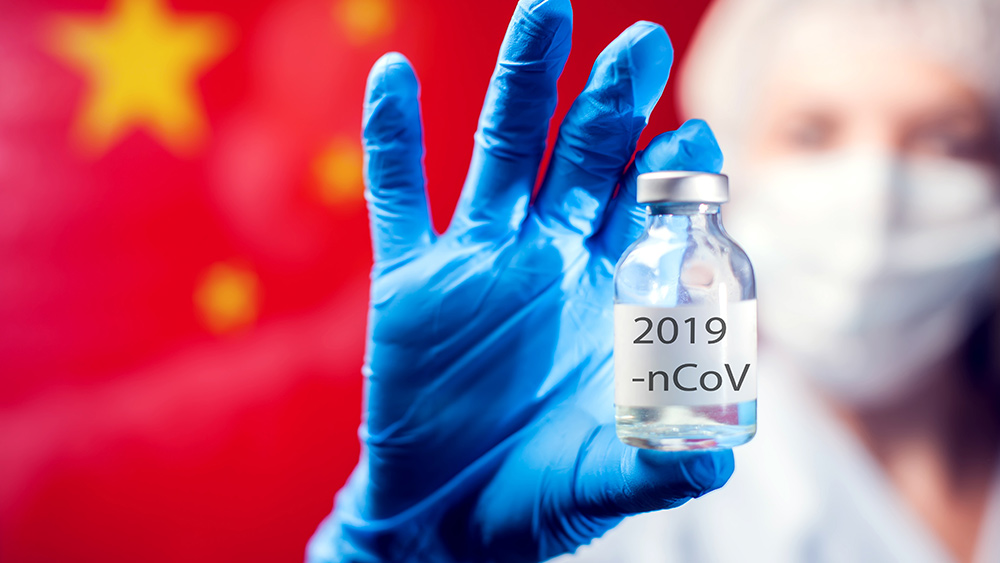
The Chinese government defended widespread immunizations against COVID-19 outside of clinical trials in the country. The vaccinations were warranted, as there were no documented side effects from the experimental vaccines, and imported COVID-19 cases proved to be a serious risk to the country. Chinese National Health Commission director for coronavirus vaccine development Zheng Zhongwei said Oct. 20 that China still sees “enormous pressure” from imported cases despite efforts to address outbreaks domestically.
Chinese health authorities authorized in July the emergency use of three potential vaccine candidates made by domestic pharmaceutical companies China National Pharmaceutical Group (Sinopharm), under its subsidiary China National Biotech Group, and Sinovac Biotech Ltd. Frontline workers such as medical staff treating coronavirus patients and border officials received the experimental jab, but the order has since been expanded to include those working in state-owned companies. The government is also considering a COVID-19 vaccination mandate for exchange students going overseas to study.
Meanwhile, Sinovac has permitted members of the public in at least two Chinese cities to register and receive its its CoronaVac experimental shot. Zheng said that people who join Sinovac’s emergency-use program will be tracked for any adverse reactions. He added that immunized individuals reported no serious reactions beyond low-grade fevers and rashes.
However, experts have criticized the large-scale vaccinations with the experimental jabs – with some calling it “dangerous” and “a misuse of the program.”
New coronavirus infections in China have lingered to below 100 a day since mid-August, but the virus still resurges in small areas – with the most recent one in the eastern city of Qingdao. Chinese health officials have managed to suppress these outbreaks – including one in Beijing – through mass testing and implementation of public health protocols. Mask-wearing rules and temperature checks are still in place, and travelers from other countries need to isolate themselves for 14 days.
Based on data collated by Johns Hopkins University, China has a COVID-19 caseload of 91,044, with 4,729 fatalities and 85,899 recoveries.
Just like the U.S., China fast-tracked the development of its coronavirus vaccine
Countries looking to move beyond the pandemic and open their economies definitely need a vaccine against the coronavirus – and fast.
The vaccine development process, which usually takes years, has been compressed into months thanks to politicians looking for a cure to the pandemic that has made 40 million people worldwide sick. Under the administration of U.S. President Donald Trump, Operation Warp Speed is one such program to fast-track the development of a COVID-19 vaccine – albeit only limited to Americans. (Related: Trump administration demanding nationwide rollout of COVID-19 vaccines by Nov. 1.)
In a similar vein, Chinese drugmakers are leading the race to create an effective shot against the coronavirus. China’s emergency-use authorization parameters were approved following rigorous deliberation among vaccine and ethics experts. The World Health Organization backed these same parameters, which served as the basis for giving Sinovac and Sinopharm’s vaccine candidates the emergency green light.
However, safety concerns have emerged alongside the rush to create an effective COVID-19 vaccine. Western pharmaceutical companies such as Johnson & Johnson and AstraZeneca have temporarily halted their vaccine trials after volunteers experienced adverse side effects. To make matters worse, The Epoch Times reported on Oct. 15, the death of a Brazilian participant in AstraZeneca’s coronavirus vaccine trials.
Sinopharm and Sinovac representatives nevertheless assured there had been no reports of adverse reactions in phase three trial participants. Both companies have enrolled more than 50,000 people worldwide in their vaccine trials. With this outlook, Sinopharm Chairman Liu Jingzhen said his company would produce 1 billion coronavirus vaccine doses next year.
The two companies will have to increase their production capacity to churn out more of their vaccine doses, as some countries had already placed orders. In late September, Sinovac inked a deal with the Brazilian state of Sao Paulo for 60 million coronavirus vaccine doses costing US$90 million. Reuters reported Oct. 3 that Sao Paulo governor Joao Doria asked Brazilian health regulator Anvisa to vaccinate the state’s population with CoronaVac.
The world must be aware of potential safety concerns alongside China’s efforts to fast-track a vaccine against the coronavirus.
Sources include:
Tagged Under: China, chinese vaccines, coronavirus vaccine, covid-19 pandemic, emergency use approval, experimental vaccine, infections, pandemic, SARS-CoV-2, Sinopharm, Sinovac, vaccine, vaccine injury, vaccine production, vaccine safety, vaccine testing, Wuhan coronavirus
RECENT NEWS & ARTICLES
VaccineWars.com is a fact-based public education website published by Vaccine Wars Features, LLC.
All content copyright © 2018 by Vaccine Wars Features, LLC.
Contact Us with Tips or Corrections
All trademarks, registered trademarks and servicemarks mentioned on this site are the property of their respective owners.

